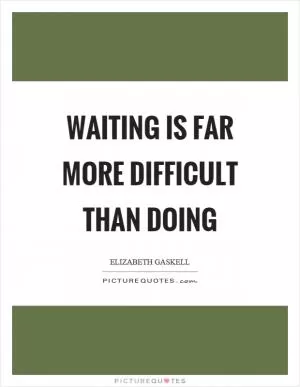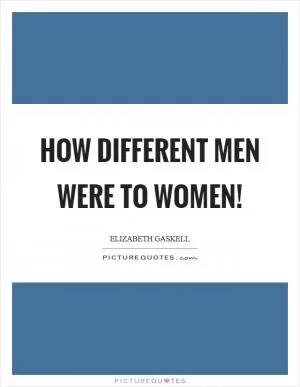I dare say there's many a woman makes as sad a mistake as I have done, and only finds it out too late

I dare say there's many a woman makes as sad a mistake as I have done, and only finds it out too late
In Elizabeth Gaskell's novel "North and South," the character Margaret Hale speaks these words after realizing the consequences of her hasty decision to leave her comfortable life in the South of England and move to the industrial town of Milton in the North. Margaret's words reflect the regret and self-awareness she feels as she navigates the challenges and hardships of her new life.Margaret's decision to move to Milton is driven by a sense of duty and loyalty to her father, who has decided to leave the Church of England due to a crisis of conscience. However, once in Milton, Margaret quickly realizes that her idealistic notions of helping the working class and bridging the gap between the wealthy and the poor are far more complicated than she had anticipated. She struggles to adapt to the harsh realities of industrial life, the class tensions that permeate the town, and the conflicting loyalties she feels towards her family and the workers she befriends.
As Margaret grapples with these challenges, she comes to understand the limitations of her own perspective and the mistakes she has made in assuming that she could easily change the world around her. Her words reflect a sense of humility and self-awareness as she acknowledges that she is not immune to making errors in judgment and that many other women may find themselves in similar situations.
Through Margaret's journey, Gaskell explores themes of social change, class conflict, and the complexities of human relationships. Margaret's realization that she has made a mistake serves as a turning point in the novel, prompting her to reassess her beliefs and priorities and ultimately leading her to a deeper understanding of herself and the world around her.












 Friendship Quotes
Friendship Quotes Love Quotes
Love Quotes Life Quotes
Life Quotes Funny Quotes
Funny Quotes Motivational Quotes
Motivational Quotes Inspirational Quotes
Inspirational Quotes